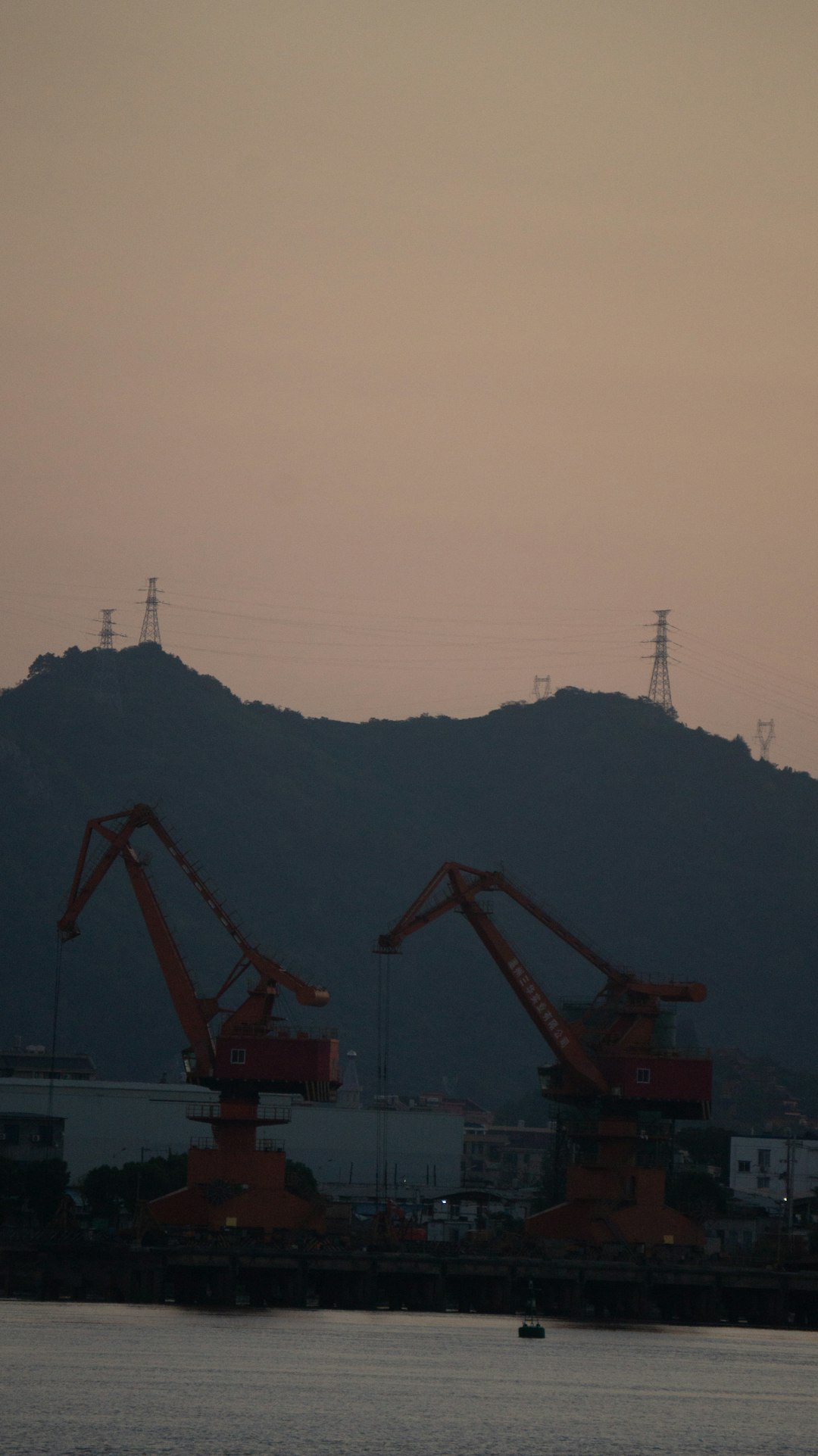Scorched Skies Over Beijing: Is China The Canary in the Climate Coal Mine?
Amid the glassy skyscrapers and sprawling highways of Beijing, a new kind of alarm rings louder each summer—not the sirens of political discord, but the shrill howl of the weather alert system. As Beijing issues weather warning for hottest days of year, a disturbing question should seize global attention: Are these heatwaves merely a seasonal inconvenience, or harbingers of a climate unraveling at the hands of unchecked ambition and systemic denial?
The Sizzle Beneath the Surface: Not Just Hot Air
A Systemic Dilemma
In 2024, Beijing shattered previous heat records—again. Such warnings have become annual rituals, but why do they feel both urgent and ignored?
- Government Perspective: Promoting technological fixes (cloud seeding, air-conditioned “cooling centers”), Beijing touts climate resilience as a point of national pride.
- Environmental Critics: Dismiss these as band-aids for gaping wounds. They cite China’s staggering greenhouse emissions and relentless urbanization as the real source of the crisis.
| Government/Tech Approach | Environmentalist Critique | |
|---|---|---|
| Viewpoint | Weather management, resilience | Systemic emission reduction |
| Short-term Solution | Cooling centers, cloud seeding | Mass transit, green spaces |
| Long-term Solution | Technological adaptation | Structural change, policy reform |
| Main Blind Spot | Underestimates root causes | Underestimates economic disruption |
Cloud Seeding: Science, Hubris, or a Desperate Gamble?
Perhaps the most telling example of this tension is cloud seeding, a signature response by Chinese authorities. Planes inject silver iodide into the atmosphere to “create” artificial rain, cooling the air and washing away pollution—but at what ethical and environmental cost?
“We are playing God with weather systems we barely understand.”
— Dr. Lin Qi, climate scientist at Tsinghua University
Pros and Cons of Cloud Seeding
| Pros | Cons |
|---|---|
| Temporarily lowers temperature | Unpredictable side effects |
| Reduces air pollution | Potential water cycle disruption |
| Showcases tech prowess | No solution to root causes |
Urban Heat and “Climate Apartheid”
Beijing’s transformation from imperial capital to hyper-modern metropolis is a double-edged sword. Vast concrete forests amplify heat, creating urban heat islands—disproportionately affecting poorer residents.
The Ethics of Survival
- Affluent Beijingites: Retreat to air-conditioned homes, offices, and malls, often oblivious to the grid strain and hidden environmental cost.
- Migrant Workers & Elderly: Swelter in uninsulated structures and unshaded streets, facing real danger.
| Social Group | Resilience to Heat | Health Risk | Access to Cooling |
|---|---|---|---|
| Wealthy | High | Low | Easy |
| Poor/Migrant | Low | High | Limited |
| Elderly | Low | High | Variable |
This climate divide foreshadows what the UN has dubbed “climate apartheid,” where survival and comfort are privileges for those who can afford them.
Are Beijing’s Heatwaves a Warning to the World?
China’s predicament is hardly unique. What happens in Beijing mirrors a global crisis:
- Mega-cities across Asia, the US, and Europe now regularly face deadly heatwaves.
- Public trust in government mitigation is eroding. People see more press releases than progress.
- Climate migration may soon begin, with citizens fleeing “unlivable” cities.
Contradictions and Consequences
China leads in solar panel manufacturing and electric vehicle deployment while it remains the world’s top carbon emitter. The rest of the world follows suit, promising green revolutions while expanding fossil fuel infrastructure.
Is Beijing’s weather warning a desperate but honest admission? Or just a PR exercise masking deeper inaction?
Beyond Beijing: The Heat of Modernity
Beijing’s weather emergency is not a uniquely Chinese tragedy. It is a microcosm of how technological optimism and systemic inertia clash in the age of climate crisis. The cultural, historical, and scientific threads—woven into everything from ancient hutongs to AI-driven weather stations—may soon buckle under the pressure of a warming world.
Is the real emergency outside our windows, or is it inside our refusal to change?
“The hottest days are not the problem—they are the symptom. If we only treat the fever, we will never cure the disease.”
— Anonymous Beijing Resident, July 2024
This article was inspired by the headline: 'Beijing issues weather warning for hottest days of year'.

Comments
No comments yet. Be the first to comment!